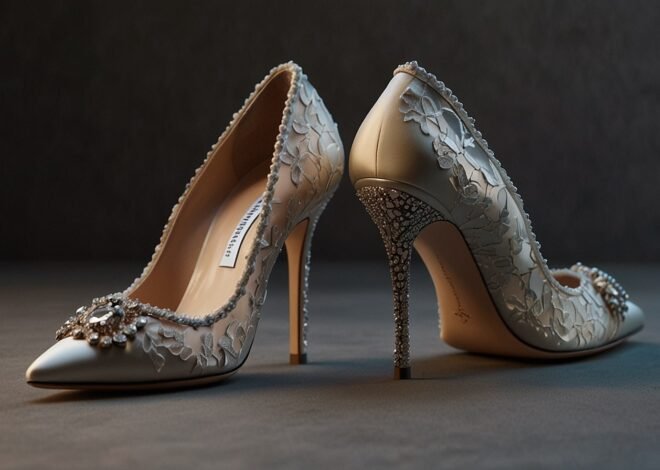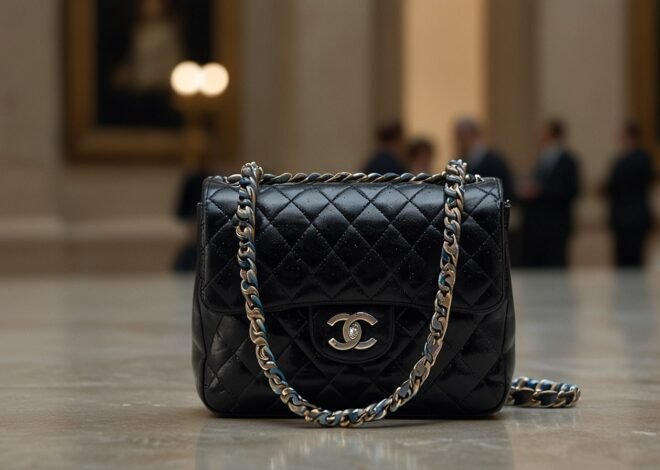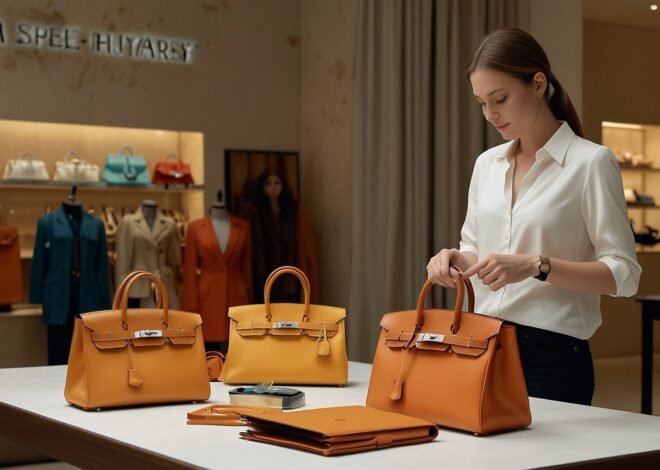
Sustainable Rare Botanicals Redefine High-End Fragrances by 2031
The luxury perfume market for 2031 focuses on sustainability through a leadership role played by unique botanical ingredients. Current high-end perfume brands focus on the sustainable procurement of their botanicals while harvesting plants exclusively from protected natural environments.
Businesses have shifted their priorities to meet increasing customer needs for ethical and environmentally considerate scents which maintain distinctive sophistication levels.
Customers who grow plants in faraway locations utilize regenerative farming practices to protect biodiversity and deliver distinctive components for the perfume industry.
The botanical ingredients previously taken in excess now receive proper cultivation in regulated settings because these methods ensure their ongoing supply. A fresh collection of perfumes emerges through the combination of precious scents and responsible practices, which attracts customers throughout the globe.
Through advanced extraction processes, manufacturers boost the power of rare plants, which enables them to develop lengthy and elaborate fragrances.
The natural essences stand apart from synthetic alternatives because they deliver deep authenticity, which satisfies the most critical smell experts. Green chemistry transformations in the perfume industry led to reduced waste production, giving luxury fragrances both premium and sustainable characteristics.
The future consumer base will require exact knowledge about how each bottle of the product was sourced. Companies display co-operations between indigenous communities and conservationists to create additional emotional value for their branded products. The narrative-based presentation technique converts basic perfume applications into meaningful value statements, thus enhancing cultural importance.
Luxury represents both distinctiveness and moral values to the well-to-do millennial generation ,alongside Gen Z consumers who drive the market expansion.
Brands invest in sustainable supply chains because their target consumers are willing to pay extra for scents related to conservation projects. Luxury manufacturing has shifted into a new direction, which joins luxury with environmental preservation throughout the product formula.
The crucial part that technology serves in perfume production includes AI systems, both enhancing crop cultivation and formulating new scent profiles.
By using machine learning predictions, companies can identify botanical species that will succeed in shifting environmental conditions to secure the continuous availability of scarce raw materials. The blockchain technology enables tracking of plant paths throughout their entire journey by ensuring authenticity, which attracts customers who value product transparency.
Rodin Parfums transforms its retail marketing by creating unique flagship brand destinations that let customers explore rare botanicals in depth. The interactive display systems reveal botanical plant sources, and perfumers conduct customized blending workshops for customers.
Physical experiences between customers and the brand strengthen customer devotion to create meaningful and memorable consumer experiences within our digital world.
The economic value of sustainable fragrance making enables rural employment opportunities. The search for sustainable harvesting has become possible through luxury brands’ investments, which have enabled traditional communities to transition into thriving eco-friendly practices. Luxury proves to be an agent for worldwide benefits by supporting the circular economy, which improves both local ecosystems and economies.
Companies hurry to find scarce botanicals in an escalating competition to develop innovative perfume ingredients. Expeditions to untouched forests and high-altitude plateaus yield novel ingredients, each promising a signature scent. The exploration follows controlled conservation methods that allow luxury perfumes to stay innovative yet protect the Earth’s resources.
High-end fragrance brands are transitioning to a sustainable future that unites responsible ethical practices with their novel and exclusive fragrances by 2031.
These perfume bottles present narratives about creative development alongside ethical sustainability as well as artistic skill, which attracts consumers who want both comfort and meaningful change. Perfumes that follow sustainable practices represent more than fragrances since they become symbols that reflect a cleaner future with deep thinking.
Asia and Europe dominate the worldwide demand for this trend. Major cities organize compact stores with eco-luxury scents that attract numerous prospective customers who seek environmentally conscious indulgence. Social media functions as a booster for the movement because influencers use their platforms to showcase the origins of their preferred scents and raise brand awareness.
The industry will continue to grow without any signs of stopping in the future. The ongoing climate challenges push brands to strengthen their adaptive measures to maintain rare botanical availability.
The luxury market leader position of high-end fragrances results from their combination of scientific practices with storytelling and sustainable practices that redefine elegance in scent for 2031.


